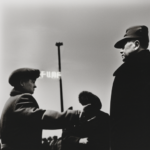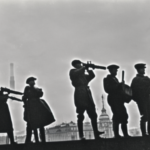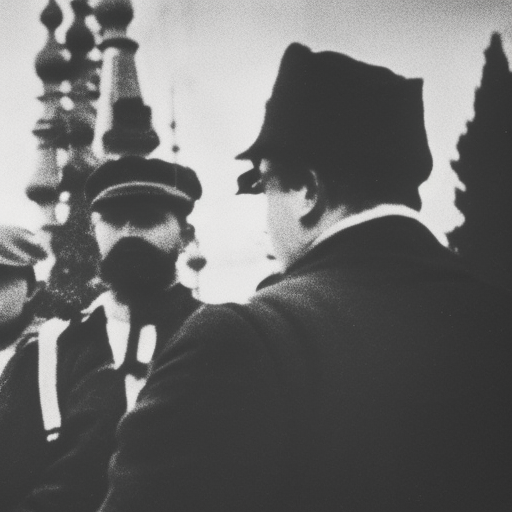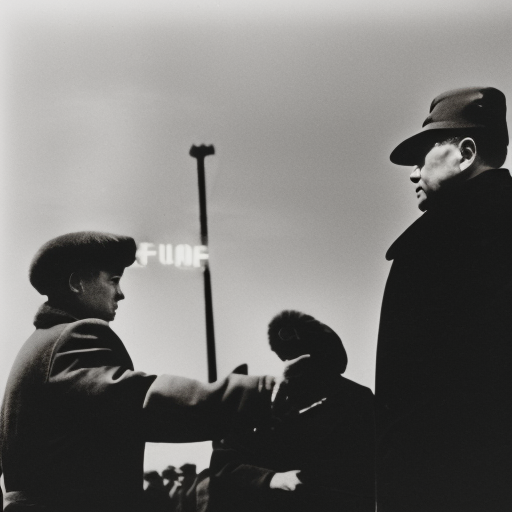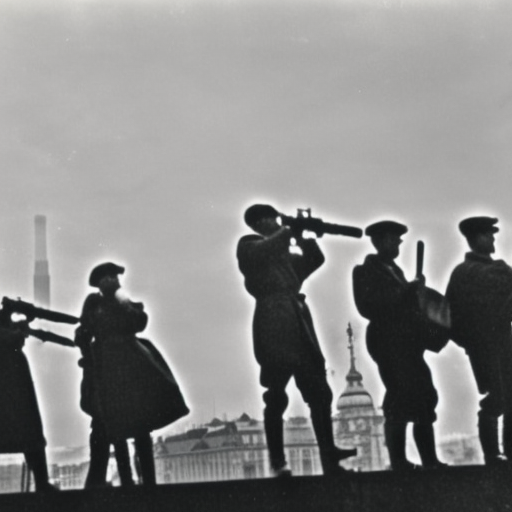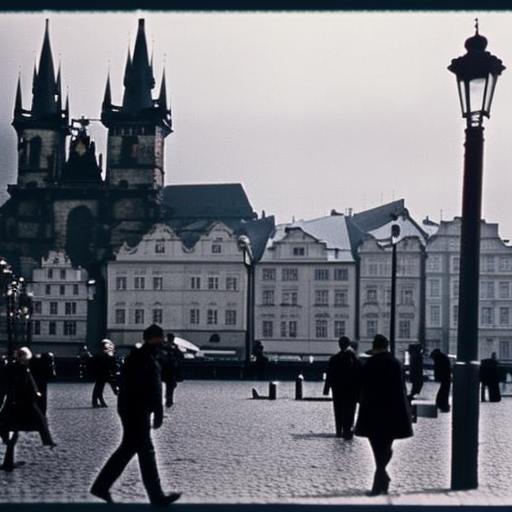The Solidarity Movement in Poland
The Solidarity Movement in Poland was a significant social and political movement that emerged in the 1980s. It played a crucial role in challenging the communist regime and ultimately led to the downfall of communism in Poland. The movement was characterized by its commitment to workers’ rights, democracy, and social justice.
Background
Poland had been under communist rule since the end of World War II. The ruling Polish United Workers’ Party (PUWP) maintained tight control over the country, suppressing dissent and limiting individual freedoms. However, by the 1980s, economic stagnation, food shortages, and widespread discontent had created a fertile ground for opposition movements to emerge.
The Birth of Solidarity
In August 1980, a strike broke out at the Gdansk Shipyard, led by a charismatic electrician named Lech Walesa. The strike quickly spread to other cities and industries, attracting support from workers across the country. The movement demanded better working conditions, higher wages, and the right to form independent trade unions.
The government, facing mounting pressure, eventually capitulated and signed the Gdansk Agreement, granting significant concessions to the striking workers. This marked the birth of the Solidarity trade union, the first independent trade union in a communist country.
The Rise of Solidarity
Solidarity rapidly gained popularity and membership, reaching over 10 million members within a year. It became a broad-based movement, attracting not only workers but also intellectuals, students, and other segments of society. Solidarity’s demands expanded beyond workers’ rights to include political reforms and greater civil liberties.
The movement’s influence extended beyond Poland, inspiring similar movements across Eastern Europe. Solidarity’s success in challenging the communist regime demonstrated that change was possible, even in the face of a repressive government.
Suppression and Martial Law
The Polish government, alarmed by the growing influence of Solidarity, declared martial law in December 1981. The military cracked down on the movement, arresting thousands of activists and imposing strict censorship. Solidarity was banned, and its leaders, including Lech Walesa, were imprisoned.
For the next several years, Solidarity operated underground, organizing clandestine activities and maintaining its network of supporters. Despite the government’s efforts to suppress the movement, Solidarity remained a symbol of resistance and hope for millions of Poles.
The Fall of Communism
In the late 1980s, economic and political changes in the Soviet Union created an opportunity for Solidarity to reemerge. In 1988, the government, facing economic crisis and mounting pressure, began negotiations with Solidarity. The talks resulted in the historic Round Table Agreement, which allowed for partially free elections and the legalization of Solidarity.
In 1989, Poland held its first partially free elections since the end of World War II. Solidarity won a landslide victory, capturing almost all the seats it was allowed to contest. This marked a turning point in Polish history and signaled the beginning of the end for communist rule.
Over the next few months, Solidarity-led governments implemented a series of reforms, dismantling the communist system and paving the way for a democratic Poland. Lech Walesa, the leader of Solidarity, became the country’s first democratically elected president in 1990.
Legacy
The Solidarity Movement in Poland left a lasting legacy. It demonstrated the power of grassroots movements in challenging oppressive regimes and inspired similar movements across Eastern Europe. The fall of communism in Poland paved the way for the collapse of the entire Eastern Bloc, leading to the reunification of Germany and the end of the Cold War.
Solidarity’s commitment to workers’ rights and social justice continues to influence Polish society today. The movement remains an important symbol of resistance and serves as a reminder of the power of unity and collective action in the pursuit of freedom and democracy.
